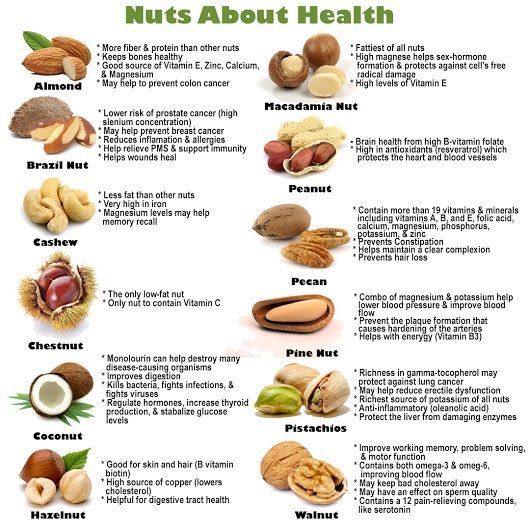Nuts are nature’s powerhouse of essential nutrients and healthy fats. These tiny packages of goodness are not only delicious but also offer a wide range of health benefits. They are a popular addition to many diets and can be enjoyed alone or incorporated into various dishes. In this article, we will explore the nutritional value of different types of nuts and why they deserve a special place in your daily diet.
Packed with Nutrients
Nuts are densely packed with essential vitamins, minerals, and antioxidants that are vital for overall health and well-being. They are an excellent source of protein and healthy fats, making them a perfect snack option for both vegetarians and non-vegetarians. Additionally, they are rich in fiber, which aids in digestion and helps to maintain a healthy gut.
Walnuts, for instance, are an excellent source of omega-3 fatty acids, which is beneficial for brain health. Almonds, on the other hand, contain high amounts of vitamin E, which acts as a powerful antioxidant, protecting our cells from damage. Cashews provide a good dose of zinc, which plays a vital role in immune function. The variations in the nutrient profiles of different nuts make them a diverse and well-balanced addition to one’s diet.
Heart-Healthy Fats
Nuts are often associated with a high-fat content, but the fats they contain are predominantly monounsaturated and polyunsaturated fats, commonly known as “good fats”. These fats help to improve cholesterol levels, reduce the risk of heart disease, and lower blood pressure.
For example, pistachios have high levels of monounsaturated fats, which promote healthy cholesterol levels and decrease the risk of heart disease. Brazil nuts are an excellent source of selenium, a mineral that assists in maintaining a healthy heart and reducing inflammation. By incorporating these heart-healthy nuts into our diet, we can enjoy their delicious taste while also improving our cardiovascular health.
Weight Management
Contrary to popular belief, incorporating nuts into a weight management plan can actually be beneficial. Despite being energy-dense, research has shown that people who consume nuts regularly tend to have lower body mass indexes (BMI) and lower risks of obesity.
This may be attributed to their high fiber content and ability to increase satiety, making us feel fuller for longer periods. Nuts contain a combination of healthy fats, protein, and fiber that can help curb cravings and prevent overeating. However, it is essential to keep portion sizes in mind, as overconsumption of nuts can contribute to calorie surplus.
Various Types and Their Benefits
There are numerous types of nuts, each with its unique nutritional properties and health benefits.
Almonds:
Almonds are packed with vitamins and minerals, including vitamin E, magnesium, and potassium. They are beneficial for heart health, aid in weight management, and improve digestion.
Walnuts:
Walnuts contain a high amount of omega-3 fatty acids, which are essential for brain health. They also support heart health, reduce inflammation, and promote healthy aging.
Cashews:
Cashews are a good source of healthy fats, vitamins, and minerals. They support eye health, promote bone health, and boost the immune system.
Pistachios:
Pistachios are rich in antioxidants, fiber, and healthy fats. They contribute to heart health, support eye health, and aid in weight management.
Brazil Nuts:
Brazil nuts are an excellent source of selenium, a powerful antioxidant that supports thyroid function and maintains heart health. They also boost immunity and promote healthy skin.
Incorporating Nuts into Your Diet
There are countless ways to incorporate nuts into your daily diet, making it simple and enjoyable to reap their nutritional benefits.
One easy way is to snack on a handful of nuts as a mid-morning or afternoon snack. You can also add them to your breakfast by sprinkling them over cereal, yogurt, or oatmeal. Nuts make delicious additions to salads, stir-fries, and baked goods, providing a tasty crunch and an added nutritional boost.
However, it is important to be mindful of any allergies or sensitivities you may have, as some people may experience adverse reactions to certain nuts. Always opt for unsalted or lightly salted varieties to minimize sodium intake and avoid added sugars or oils that can diminish their health benefits.
Conclusion
Nuts are nutritional powerhouses that offer a wide range of health benefits. From heart-healthy fats to essential vitamins and minerals, they deserve a prominent place in our daily diet. Incorporating a variety of nuts can contribute to weight management, heart health, improved brain function, and overall well-being. So, go nuts for nuts and unlock their immense nutritional value!
